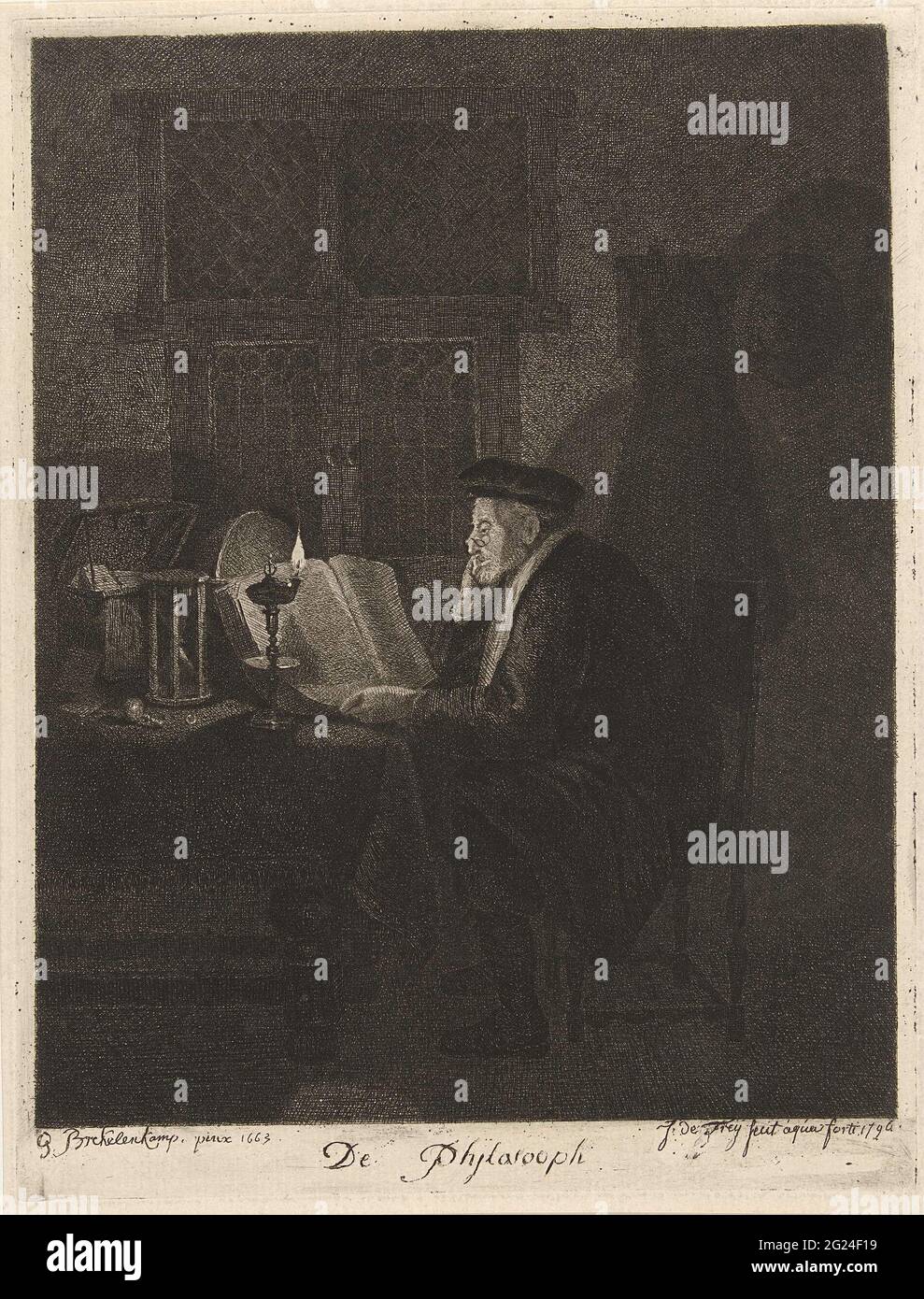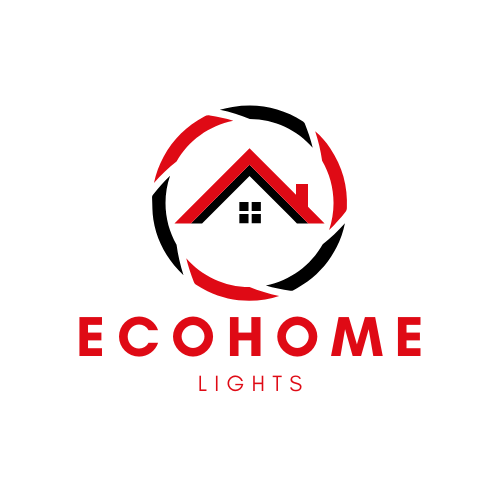What Light in a Dark Room Helps You Study? Bright Ideas
Imagine trying to study in a dimly lit room, squinting at your notes and struggling to keep your focus. You know that lighting can make all the difference, but finding the right kind can feel overwhelming. You’re not alone in wondering how to create the perfect study environment that boosts your concentration and keeps you…
Imagine trying to study in a dimly lit room, squinting at your notes and struggling to keep your focus. You know that lighting can make all the difference, but finding the right kind can feel overwhelming.
You’re not alone in wondering how to create the perfect study environment that boosts your concentration and keeps you energized. What if you could easily transform your space into a bright oasis that inspires learning? You’ll discover the secrets to choosing the right light that enhances your study experience.
Whether you’re prepping for exams or diving into a new subject, the right lighting can be your best study companion. Get ready to unlock the power of light and illuminate your path to success.
What Light in a Dark Room Helps You Study?
Optimal Lighting For Concentration
Finding the right lighting can make or break your study session. Have you ever noticed how certain types of lighting can either energize or tire you out? Optimizing the lighting in your study space isn’t just about aesthetics; it’s about enhancing your concentration and productivity. Let’s dive into what makes lighting optimal for focusing and getting the most out of your study time.
What Is Optimal Lighting?
Optimal lighting for studying is about balance. You want light that is bright enough to keep you alert but not so harsh that it strains your eyes. A well-lit room can reduce eye fatigue and keep you focused longer. Think of it as setting the stage for a productive study environment.
Natural Light Vs. Artificial Light
Natural light is a game-changer. It creates a welcoming and refreshing atmosphere. If possible, position your desk near a window. However, if that’s not an option, artificial light can still do the trick. Choosing the right type of bulb is key.
Types Of Light Bulbs
LED bulbs are a great choice. They mimic daylight and are energy-efficient. Avoid fluorescent lights as they can flicker, causing headaches and eye strain. If you prefer something warmer, consider incandescent bulbs. They offer a softer glow but aren’t as bright as LEDs.
Color Temperature Matters
Pay attention to color temperature. A bulb with a color temperature of around 5000K is ideal for studying. It closely resembles natural daylight and helps you stay alert. Lower color temperatures (under 3000K) are better for relaxation, not focus.
Adjusting Light Intensity
Consider using dimmable lights. They allow you to control the brightness based on the time of day or your mood. Sometimes, a slight adjustment can make a significant difference in your concentration levels. This flexibility is especially useful if you’re sharing the room with others who have different lighting preferences.
Task Lighting
Task lighting, like a desk lamp, is essential. It provides direct light where you need it most. Opt for a lamp with an adjustable neck. This lets you direct light precisely on your work, reducing shadows and glare. Have you tried switching your lamp position and noticed a change in focus?
By focusing on these elements, you can create a study space that not only enhances concentration but also makes studying a more enjoyable experience. What changes will you make to your study space lighting today?

Credit: helleniccentre.org
Types Of Study Lights
Choosing the right light for studying can boost focus and productivity. Different types of study lights cater to various needs and preferences. Understanding these options can help create a conducive environment for learning.
Read More: What is the Trend for Dining Room Lighting? Bright Ideas
Table Lamps
Table lamps are versatile and adjustable. They fit well on any desk. Most have adjustable arms. This feature allows users to direct light precisely. They come in various designs. You can choose one that matches your room decor.
Floor Lamps
Floor lamps are perfect for larger spaces. They offer widespread illumination. Many have adjustable heads. This ensures light coverage where it’s most needed. Their sleek design suits modern interiors. Perfect for shared study spaces.
Led Lights
LED lights are energy-efficient. They last longer than traditional bulbs. Their brightness can be adjusted. This makes them suitable for different study times. Many LED options are portable. Great for those who study on the go.
Clip-on Lamps
Clip-on lamps are compact and handy. They attach easily to desks or shelves. Ideal for small spaces. They provide focused light without taking much room. Many come with flexible necks. This allows easy adjustment.
Smart Lights
Smart lights offer modern convenience. Users can control them via apps. Adjust brightness and color with ease. Perfect for tech-savvy students. They can be programmed for study routines. A great option for personalized study setups.
Benefits Of Natural Light
Natural light brightens dark rooms, making studying easier and more comfortable. It reduces eye strain and boosts concentration. Sunlight also enhances mood, creating a positive study environment.
Natural light has always been a coveted feature in homes and study spaces. It’s more than just an aesthetic choice; it has tangible benefits for your study sessions. Imagine sitting by a window with sunlight streaming in, feeling energized and focused. Natural light can transform your study space into a haven of productivity, positively impacting your mood and efficiency.
Improved Mood And Concentration
Natural light can boost your mood. The exposure to sunlight increases serotonin levels, making you feel happier and more focused. This can lead to improved concentration and efficiency during study time. You might notice that you feel less sluggish and more alert, making it easier to tackle challenging subjects.
Reduced Eye Strain
Have you ever squinted at your screen or textbook under artificial lighting? Natural light provides a balanced spectrum of colors that can reduce eye strain. It’s softer and easier on your eyes compared to harsh fluorescent or LED lighting. This means longer study sessions with less discomfort.
Enhanced Sleep Patterns
Studies show that exposure to natural light during the day can help regulate your sleep patterns. By studying in a room with plenty of daylight, you align your internal clock with natural cycles. This can lead to better sleep quality, which in turn helps you wake up refreshed and ready to learn.
Energy Efficiency
Switching off artificial lights during the day can reduce your energy consumption. Natural light is free and abundant, allowing you to save on electricity bills. You can focus on your studies without worrying about the cost of keeping the lights on.
Creative Inspiration
Natural light can spark creativity. It can create an inviting atmosphere that fosters innovative thinking and problem-solving. When your study environment is bright and airy, you might find yourself more motivated to explore new ideas and concepts.
Have you ever noticed how a simple change in lighting can change your entire study experience? Why not try arranging your study space to maximize natural light? You might be surprised at how much more enjoyable your study sessions become.
Choosing The Right Bulb
Choosing the right bulb for your study room can boost focus. The right lighting reduces eye strain and improves concentration. With so many options, it’s vital to pick wisely.
Understanding Lumens And Brightness
Lumens measure the brightness of a bulb. A higher lumen count means a brighter light. For studying, aim for bulbs with 450-800 lumens. This range provides adequate light without being harsh on the eyes.
Read More: How to Remove LED Ceiling Light? Step-by-Step Guide
Color Temperature And Its Impact
Color temperature affects mood and productivity. It’s measured in Kelvin (K). Bulbs around 5000K emit a cool, white light. This light mimics daylight and keeps you alert. Warm lights, around 2700K, are softer and more relaxing.
Led Vs. Cfl Bulbs
LED bulbs use less energy and last longer than CFLs. They offer consistent light and reach full brightness instantly. CFLs are cheaper but take time to warm up. LEDs are a better choice for study rooms.
Energy Efficiency And Costs
Consider the energy efficiency of bulbs. LEDs save energy and reduce electricity bills. They might cost more upfront but save money over time. Efficient lighting is both eco-friendly and cost-effective.
Impact Of Light On Mood And Productivity
Light has a profound effect on our mood and productivity. The right lighting can enhance focus and elevate our spirits. In contrast, poor lighting might lead to fatigue and frustration. Understanding the impact of light can help create an optimal study environment.
Understanding The Science Behind Light And Mood
Light influences the body’s internal clock, known as the circadian rhythm. This rhythm regulates sleep and wake cycles, affecting energy levels and mood. Natural light boosts serotonin, a hormone linked to happiness. Artificial light can mimic these effects, but choosing the right type is crucial.
The Role Of Light Intensity In Productivity
Brightness plays a significant role in concentration and task performance. Bright lighting can increase alertness, while dim lighting might cause drowsiness. Adjustable lamps offer flexibility, allowing you to set the ideal brightness for study sessions.
Color Temperature: Warm Vs. Cool Light
Color temperature impacts how we feel and work. Warm light creates a cozy atmosphere, suitable for relaxation. Cool light enhances alertness, making it ideal for studying. Balancing both types can provide comfort and focus.
Led Lights: A Smart Choice For Study Rooms
LED lights are energy-efficient and versatile. They offer various brightness levels and color temperatures. This versatility makes them a smart choice for study environments. LEDs reduce eye strain, promoting longer and more productive study sessions.
The Importance Of Positioning Your Light Source
Proper placement of light sources is essential. Overhead lights can cause glare and shadows. Desk lamps with adjustable arms provide targeted lighting. Positioning light correctly minimizes eye strain and enhances focus.
Incorporating Natural Light For Better Mood
Natural light improves mood and energy levels. Study near windows to maximize daylight exposure. Use sheer curtains to diffuse harsh sunlight, creating a pleasant study atmosphere.

Credit: news.uchicago.edu

Credit: www.alamy.com
Frequently Asked Questions
What Light Is Best For Studying At Night?
Warm white or cool white LED lights are ideal for studying at night. They reduce eye strain and improve focus. Opt for adjustable desk lamps to control brightness. Position the light to minimize glare on screens and books. Consistent lighting helps maintain concentration and productivity.
Is A Dark Room Better For Studying?
Studying in a dark room can strain your eyes and reduce concentration. A well-lit environment enhances focus and comfort, making it more effective for studying. Use natural or warm artificial lighting to create an optimal study setting.
Which Type Of Light Is Best For Studying?
Natural light is ideal for studying, as it reduces eye strain and boosts concentration. Use LED bulbs with a color temperature of 4000-5000K for artificial lighting. They mimic daylight, helping maintain focus and energy levels. Choose adjustable lamps to control brightness for optimal comfort.
Which Light Mode Is Best For Studying?
Use warm, white LED lights for studying. They reduce eye strain and enhance focus. Aim for 4000-5000 Kelvin brightness. This light mode mimics natural daylight, improving concentration and productivity. Avoid harsh fluorescent lights, as they cause discomfort and fatigue. Adjust the light intensity to suit personal preferences and comfort.
What Type Of Light Is Best For Studying In A Dark Room?
Warm LED lights are ideal. They reduce eye strain and enhance concentration. Perfect for long study sessions.
Conclusion
Choosing the right light boosts your study focus. Soft, warm lights are great for evening studies. They reduce eye strain. Natural light works wonders during the day. It keeps you alert and attentive. Avoid harsh, bright lights. They can tire your eyes quickly.
Test different lights to find your perfect match. Everyone’s needs vary. Small adjustments make a big difference. So, take time to experiment. Create a study space that feels right. Comfortable lighting improves concentration and productivity. Happy studying!

